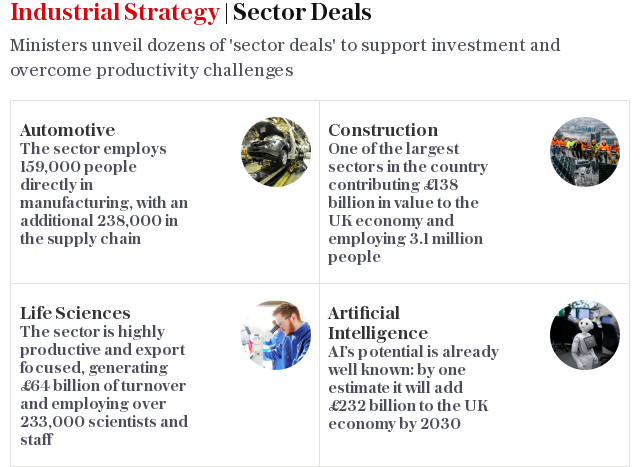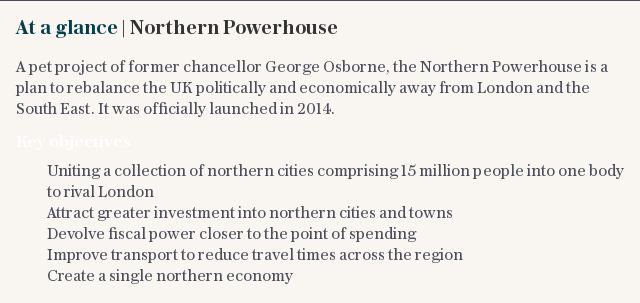North-South divide to widen as UK economy fails to rebalance

London and the surrounding area will keep on booming as Britain’s richest corners pull further ahead of the rest of the country in coming years.
More jobs will be created in London than in other regions between now and 2020, and gross value added – a measure of economic growth – will accelerate in the capital even as it slows elsewhere, according to forecasts from EY.
London’s GVA will grow by an average of 2.2pc per year, ahead of the UK average of 1.8pc.
Several other regions are slowing down with growth in the North East set to drop below 1pc per year and the North West from more than 2pc to 1.5pc. Some cities such as Manchester are rare examples of those which may grow a touch faster than London, though their wider regions are slower.
“The UK has made little progress on regional rebalancing over the past three years, and we expect more of the same over the next three years,” said EY’s chief economist Mark Gregory.

“In fact, we expect that the fastest growing regions over the next three years will be the four most southerly ones, London, the South East, the South West and the East. This means that the economic gap between North and South could be larger in 2020 than it was in 2010.”
He welcomed the industrial strategy as a way to try to address the widening gap, but said the set of policies – which include deals to help specific sectors grow as well as extra funds for infrastructure and schemes to tackle to housing shortage – are not sufficient.
Mr Gregory would like to see more devolution of skills policy to local areas.
“We have had quite a lot of attention to devolving economic power but skills are still being run pretty centrally, so I think one thing would be giving some real resources and more local control to skills [policy] – for a lot of people labour markets are pretty local,” he said, noting the dominance of pottery in Stoke where he grew up.

“Infrastructure links across the North would be another area – it links back to skills in the workforce as you can get more people into the right labour markets, with better transport and broadband.”
Typically they would be lower-cost projects than the giant national developments such as HS2, but could make a big difference to poorer towns.
But it will be hard to catch up with London’s dominant position.
“London is the super-agglomeration now where everything is accessible now and in some ways it can be easy [for businesses to set up or grow] – the City is there, and Parliament, so you can see why it happens,” said Mr Gregory.
“When we talk to investors, skills and infrastructure are the two biggest criteria for doing things outside of London.”

 Yahoo Finance
Yahoo Finance 